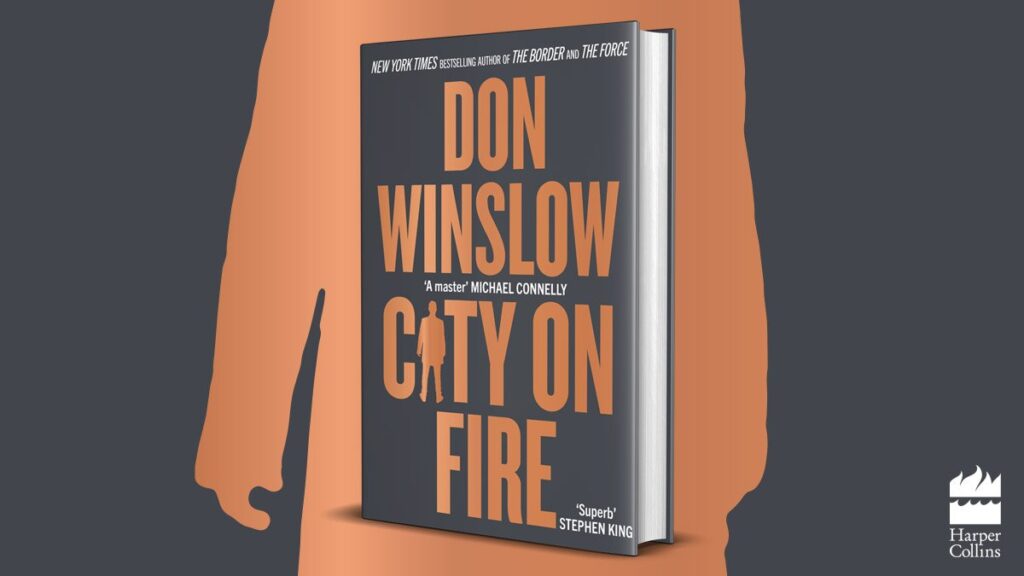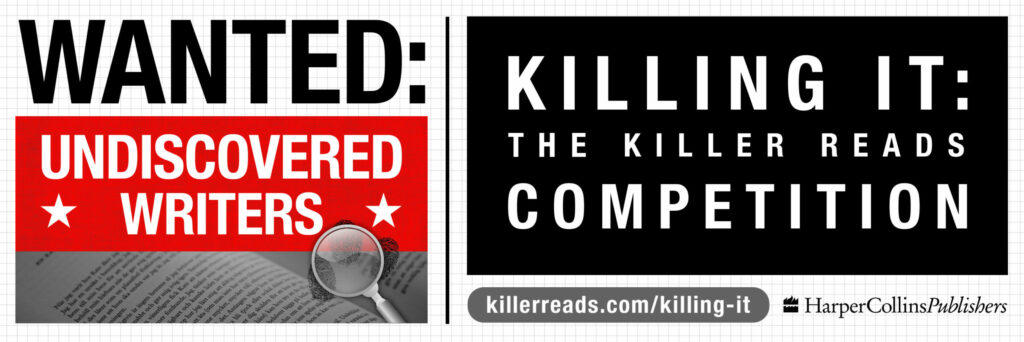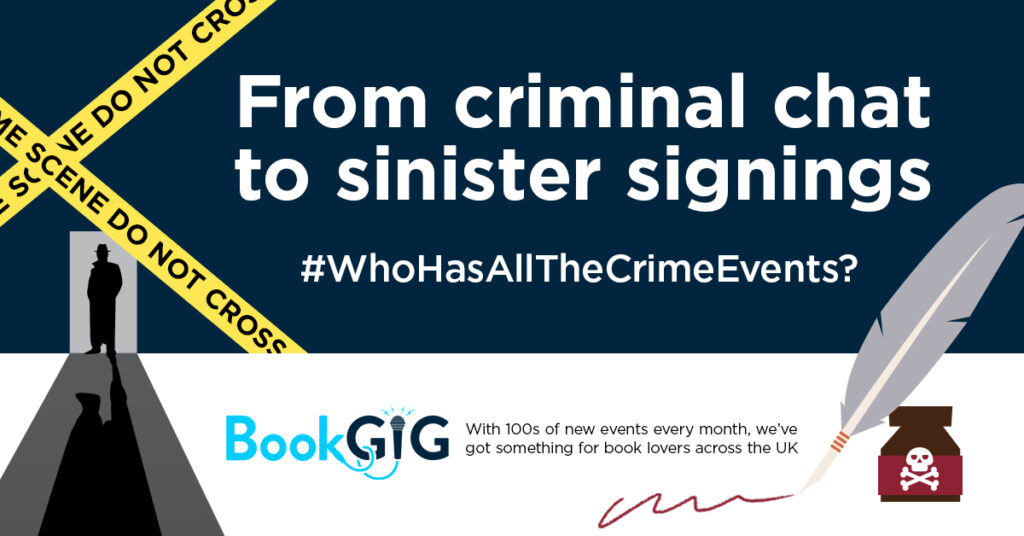Writing Bad
Recently my son Stan (5) discovered something it took me until I was about 15 to figure out. He’d been playing a lot of Lego Batman on his Nintendo DS over the Easter break – I know I’m a model parent – and I noticed he’d stopped playing as Batman or Robin and switched to the Riddler, ClayFace and the Joker. When I asked why, his fingers kept twitching on the keys and his unblinking eyes never left the screen. ‘Bad guys are cool,’ he said.
Of course he’s right. Bad guys are cool and thrillers and crime novels exploit this innate attraction to the darker shades of the human animal. As readers we love to sink into the murky swamp of a dark story and peer over the shoulders of monsters as they go about their terrible deeds in the tense and hopeful knowledge that good will ultimately triumph and the monsters will be slain so that order is restored by the last page. As writers we spend more time in this swamp than most, mining the darker parts of ourselves in order to breathe life into the villains that will in turn breathe life into our stories.
For The Key, however, the follow up to my debut thriller Sanctus, I found myself entering the story in a bit of an antagonist vacuum. At the end of the first book I had pretty much killed off all the bad guys in an operatic orgy of cathartic violence and retribution. This was all well and good for the end of book one, but it left me at the start of book two with no palpable threat to the heroes – and therefore no tension – so the first thing I had to do was pack my writery bag and trudge back to the darkest places in my head, looking for new baddies to build.
There is a very clear distinction between writing bad characters and writing characters badly. This is what I have learned:
- If your narrator or other characters have to keep telling the reader how evil a character is, you have failed.
- If your character is doing mindlessly evil things every time we meet them, you are trying too hard.
- If your character behaves less like a person and more like a pantomime villain, you will lose the reader – unless you are writing a pantomime, in which case your character-creating problems are … behind you!!! (…sorry…)
For me, the key to writing an effective antagonist – or any character for that matter – is to imagine the whole story is about them. The usual inclination is to think about the main (generally noble) character’s story first and work out ways in which the antagonist can thwart them along the way to create drama. This runs the risk of relegating the villain, and all the other characters, to mere functions of the hero’s dramatic needs.
If, however, you switch perspective and see the whole story from the villain’s point of view, imagining the hero is just some annoyance trying to prevent them from doing something that may seem abhorrent to anyone normal but seems perfectly logical to them, you immediately get a different and potentially more interesting take on things. What’s more, the story unfolds according to the logic of that character’s behaviour, making the plot more surprising and the character more believable and human. It also helps you build the story from different perspectives so the whole experience ends up richer.
I started using this technique back in my distant youth when I wanted to be a movie director and would write and direct short films in order that someone important might see them and recognise the rough genius at work and give me a feature to shoot (never happened). I would shoot the films on begged and borrowed equipment and try and cast them as well as I could with no money. In each script the main part was generally fairly easy to cast, but getting decent actors to fill out the smaller but equally necessary roles relied on those parts being interesting. So before I started casting I would go through the script several times, imagining each time that it was all about one character, and think my way through that role. I also lived in fear of being on a shoot and having an actor ask me a question about their character that I didn’t have a ready answer for because I hadn’t thought about it.

The same fear suffuses my writing to this day, only now I fear the sinking heart of the reader as they turn to a chapter featuring a character they don’t like. I do it myself when I’m reading, skipping the bits featuring characters that don’t feel as substantial as others. So I try really hard to get all the characters working, especially those all-important baddies. I’m hoping that when Stan’s old enough to read my books he’ll think they are cool too. Maybe he’ll like the good guys as well – but I’m not holding my breath. Shortly after the Lego Batman incident he wandered into our bedroom with an Optimus Prime helmet on his head, a roman sword in his hand and announced he was no longer Stan, he was now – Captain Evil…
Simon Toyne’s latest book The Key is currently at No.4 in the Sunday Times bestseller chart! If you fancy getting involved, then you can buy it here. And you can also watch the brilliant trailer below. If you fancy winning yourself a signed copy of the Key, then sign up to our newsletter – we’ve got ten copies, and one could be yours!


